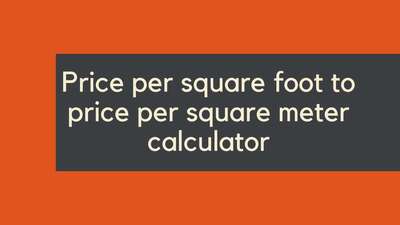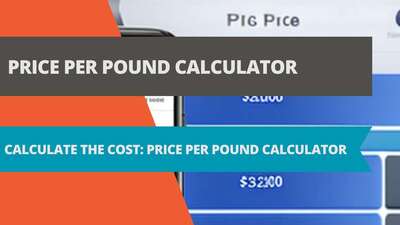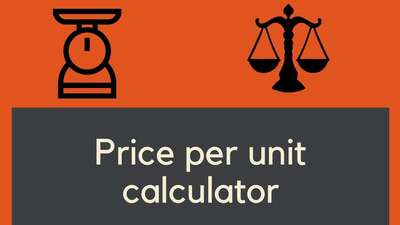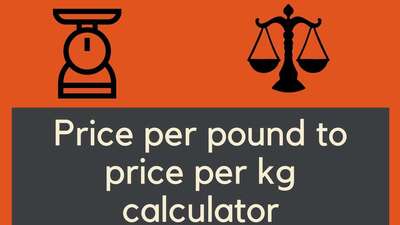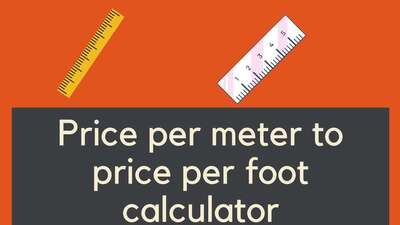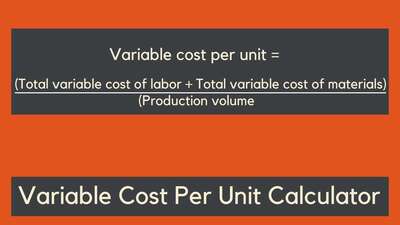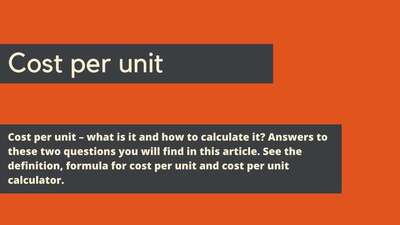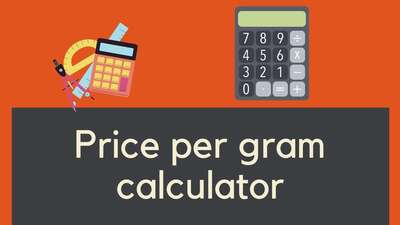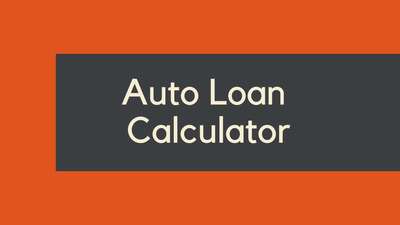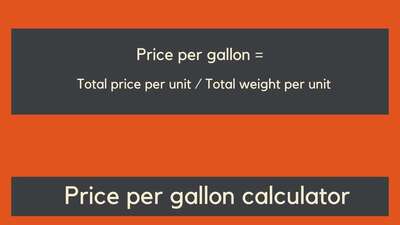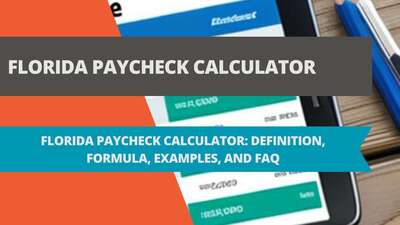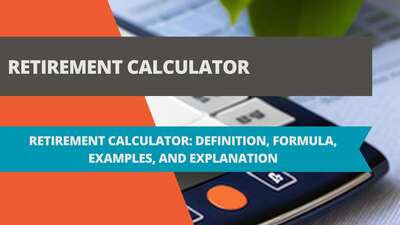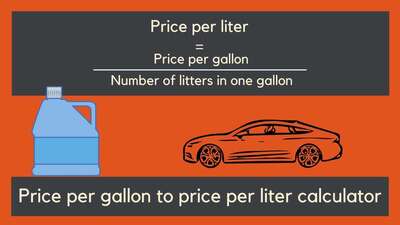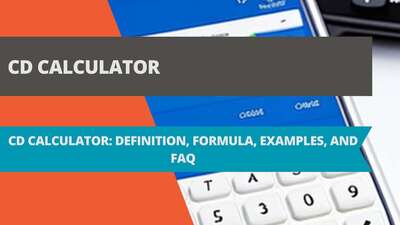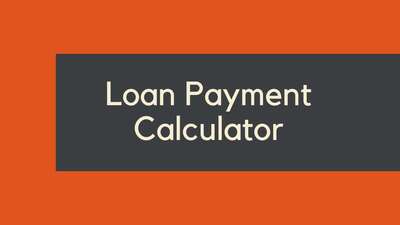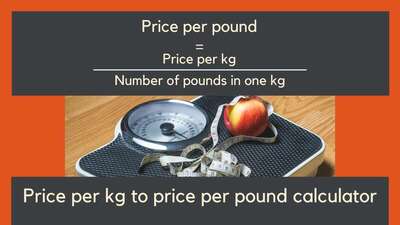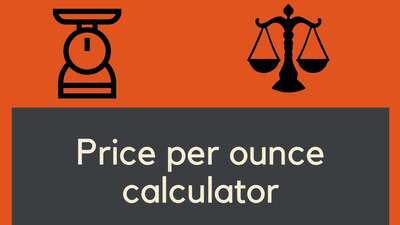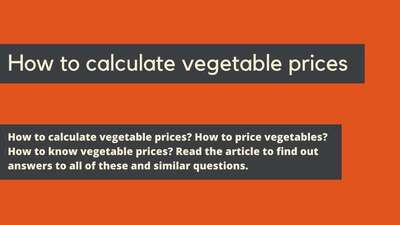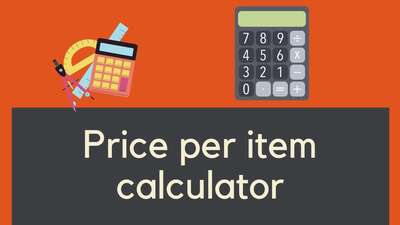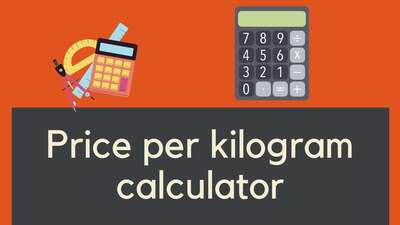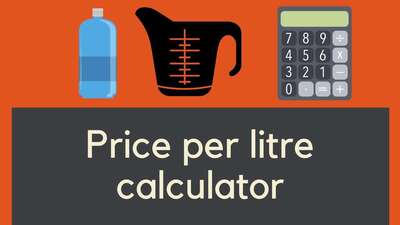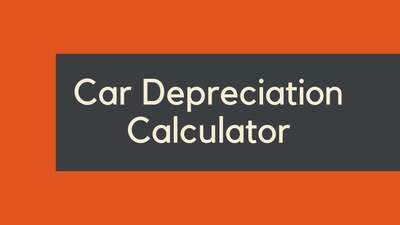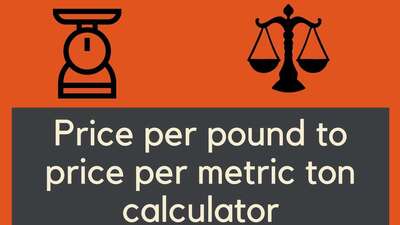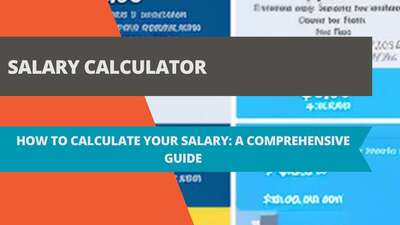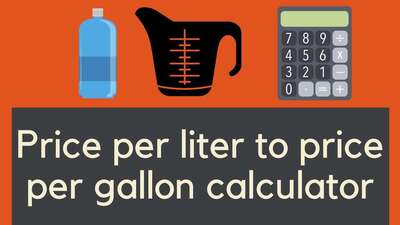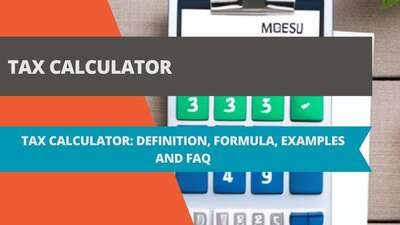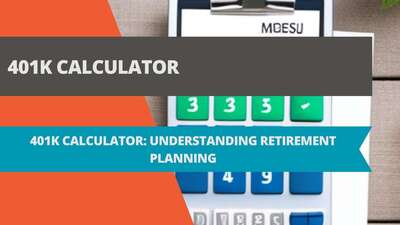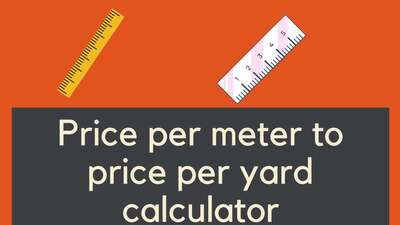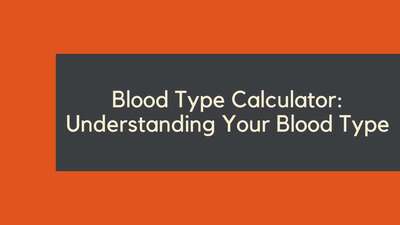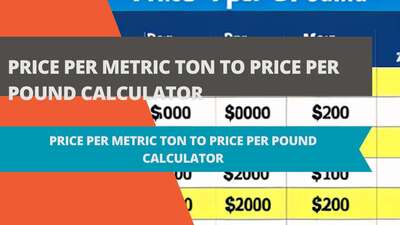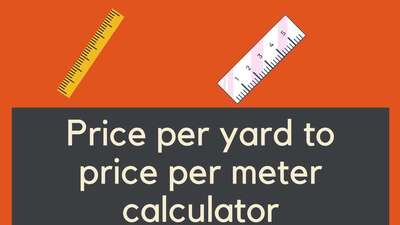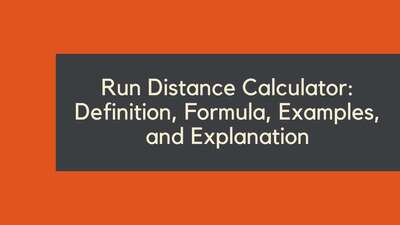Car Payment Calculator
- Car Payment Calculator: Everything You Need to Know
- Car Payment Calculator Definition
- Car Payment Calculator Formula
- Car Payment Calculator Conversion Factor
- Car Payment Calculator Examples
- Car Payment Calculator Examples in Excel
- Car Payment Calculator Explanation
- The Role of Down Payments in Car Loans
- Importance of a Good Credit Score
- Additional Costs to Consider
- The Impact of Refinancing on Your Car Loan
- Car Payment Calculator FAQ
Car Payment Calculator: Everything You Need to Know
Whether you’re in the market for a new or used car, one of the most important things to consider is your budget. Knowing how much you can afford to spend on a car each month is essential for finding a vehicle that meets your needs without breaking the bank. That’s where a car payment calculator comes in.
In this article, we’ll provide a detailed overview of car payment calculators, including their definition, formula, conversion factor, and examples. We’ll also explain how to use a car payment calculator and answer some frequently asked questions about this handy financial tool.
Car Payment Calculator Definition
A car payment calculator is a financial tool that helps you estimate the monthly payment for a car loan. Using a car payment calculator can help you determine the amount you’ll need to budget each month to pay off your car loan, including principal and interest. Car payment calculators take into account the loan amount, interest rate, and loan term to provide an estimate of your monthly payment.
Car Payment Calculator Formula
The formula for calculating car payments is fairly straightforward. The monthly payment can be calculated using the following formula:
M = P * (r * (1 + r)^n / ((1 + r)^n - 1))
Where: M = monthly payment P = principal (loan amount) r = monthly interest rate (annual interest rate divided by 12) n = number of payments (loan term in months)
Car Payment Calculator Conversion Factor
When using a car payment calculator, it’s important to understand the conversion factor used to calculate monthly payments. This factor is typically expressed as a decimal and represents the amount of interest that will be charged on the loan each month. To calculate the conversion factor, simply divide the annual interest rate by 12.
For example, if the annual interest rate on a car loan is 6%, the monthly interest rate would be 0.5% (6% divided by 12). The conversion factor for this loan would be 0.005.
Car Payment Calculator Examples
Let’s take a look at some examples of how to use a car payment calculator.
Example 1: Loan amount: $20,000 Interest rate: 4% Loan term: 48 months
Using the formula above, we can calculate the monthly payment as follows:
M = 20000 * (0.04 * (1 + 0.04)^48 / ((1 + 0.04)^48 - 1)) M = $456.03
Therefore, the monthly payment on this car loan would be $456.03.
Example 2: Loan amount: $15,000 Interest rate: 5% Loan term: 36 months
Using the formula above, we can calculate the monthly payment as follows:
M = 15000 * (0.05 * (1 + 0.05)^36 / ((1 + 0.05)^36 - 1)) M = $447.42
Therefore, the monthly payment on this car loan would be $447.42.
Car Payment Calculator Examples in Excel
If you prefer to use Excel to calculate car loan payments, you can use the following formula:
=PMT(rate/12, term*12, -amount)
Where: rate = monthly interest rate (annual interest rate divided by 12) term = loan term in years amount = loan amount
Using the examples above, we can calculate the monthly payment in Excel as follows:
Example 1: =PMT(0.04/12, 4*12, -20000) Monthly payment = $456.03
Example 2: =PMT(0.05/12, 3*12, -15000) Monthly payment = $447.42
Car Payment Calculator Explanation
Now that you understand how to use a car payment calculator to estimate your monthly car loan payments, let’s take a closer look at what these payments represent.
Your car loan payments are made up of two components: principal and interest. The principal is the amount of money you borrowed to purchase the car. The interest is the cost of borrowing money and is calculated as a percentage of the principal.
During the early years of your car loan, the majority of your monthly payment goes toward paying interest. As you continue to make payments, more of your payment goes toward paying down the principal.
It’s important to note that the interest rate on your car loan can have a significant impact on your monthly payments. The higher the interest rate, the more you’ll pay each month. To get the best possible car loan rate, it’s important to shop around and compare rates from multiple lenders.
The Role of Down Payments in Car Loans
When venturing into the realm of car financing, the down payment emerges as a pivotal component in the process. Often overshadowed by discussions about interest rates or loan terms, the down payment is the initial investment you make in your vehicle purchase, acting as a direct offset against the loan amount.
So, why is it such a significant factor when determining your monthly car payments? For starters, the down payment is essentially the upfront capital you contribute towards the purchase price of the car. By doing so, you immediately reduce the principal amount that needs financing. Naturally, with a reduced loan amount, your monthly obligations can also decrease, lightening the financial load over the course of the loan.
But that's not all. A notable benefit of making a more substantial down payment is the potential for a better interest rate. From the lender's perspective, a higher down payment represents a lower risk, as the borrower showcases a vested interest in the vehicle. Thus, they might be more inclined to offer favorable loan terms, including a reduced interest rate.
In conclusion, while the excitement of acquiring a new vehicle can be overwhelming, it's crucial to take a step back and analyze your financial situation meticulously. Deciding on a down payment shouldn't be a hasty decision. Instead, consider an amount that aligns with your budget, won't strain your finances, and will position you advantageously in the long run.
Importance of a Good Credit Score
When navigating the financial landscape of car loans, one's credit score emerges as a beacon of importance. It's not just a mere number; it's a reflection of your financial discipline, reliability, and past interactions with credit.
At the heart of it, your credit score has a direct influence on the interest rate you're extended for a car loan. How so? Well, lenders rely on this score to gauge the risk associated with lending money to you. Higher credit scores typically signify a history of timely payments and prudent credit management, making you a more attractive borrower. Consequently, individuals boasting commendable credit scores often find themselves rewarded with lower interest rates.
But what if you're uncertain about your credit standing? Before diving headfirst into the car loan application process, it's prudent to review your credit report. This comprehensive record might harbor discrepancies, outdated information, or areas warranting improvement – all of which could adversely impact your loan prospects.
Fortunately, enhancing one's credit score isn't an insurmountable challenge. Even a few months of dedicated effort – think consistent payments, responsible credit utilization, and avoiding excessive debt – can boost your score. And with a better score, you position yourself to negotiate favorable loan terms, potentially saving thousands over the life of the loan.
In essence, your credit score is a pivotal player in the car financing game. By giving it the attention it deserves, you can ensure smoother rides both on the road and in your financial journey.
Additional Costs to Consider
Embarking on the journey of car ownership is more than just deciphering the principal and interest of your monthly payments. A multitude of hidden costs often lurk in the shadows, waiting to surprise the unprepared buyer.
First on the list is insurance. Depending on your location, vehicle type, driving record, and several other factors, insurance can range from a modest to a hefty monthly expense. It's essential to get a preliminary quote to integrate this into your monthly budget.
Next, we have taxes. Local sales taxes can significantly inflate the initial purchase price of the vehicle. This isn't a one-time cost either; annual personal property taxes on vehicles can add to the yearly expenses depending on your jurisdiction.
Don't forget about registration fees. These vary by state or country and can be influenced by factors such as the car's weight, type, or even its environmental impact. This recurring expense ensures your vehicle remains legally compliant for road use.
Lastly, but by no means least, are the maintenance costs. While these might not be monthly, periodic maintenance, servicing, and unexpected repairs are inevitable in the life of any vehicle. It's always wise to have a maintenance budget set aside or at least be aware that these costs will arise periodically.
Thankfully, advancements in technology have given rise to sophisticated car payment calculators. Some of these offer functionalities that allow for the inclusion of these additional costs, painting a more complete picture of potential monthly and yearly expenses. By taking a comprehensive view of all these costs, not only can you steer clear of unwanted financial surprises, but you can also plan, budget, and operate within a well-defined financial framework.
The Impact of Refinancing on Your Car Loan
As the financial landscape evolves, so do the opportunities to reassess and optimize your existing debts. One such avenue available to car loan holders is refinancing. This process, though seemingly complex, revolves around a simple principle: obtaining a new loan to replace the current one, generally with more favorable terms.
The primary allure of refinancing stems from the potential for a lower interest rate. Economic shifts can lead to fluctuating interest rates, which might be lower than when you first took out your car loan. If you find yourself in such a favorable situation, refinancing can result in considerable savings over the life of the loan.
Another common motivator for refinancing is an improvement in one's credit score. As you consistently meet financial obligations and employ responsible credit practices, your credit score might rise. Lenders often view individuals with higher credit scores as less risky, which can translate into offers of loans with reduced interest rates.
However, the benefits of refinancing are not solely confined to interest rates. With a new loan structure, you gain the flexibility to either reduce your monthly payment or to shorten the loan term. The former can ease monthly financial burdens, while the latter can lead to overall savings by paying off the loan faster.
For those contemplating refinancing, a car payment calculator becomes an invaluable tool. This calculator lets you input the revised terms and interest rates, allowing you to forecast potential savings, compare monthly payments, and make an informed decision about whether refinancing will truly be beneficial in the long run.
In conclusion, while refinancing presents promising opportunities for financial optimization, it's crucial to approach the process with a comprehensive understanding and to assess the long-term implications before making a decision.
Car Payment Calculator FAQ
Q: Can I use a car payment calculator to compare different car loan offers? A: Yes, a car payment calculator can be a useful tool for comparing different car loan offers. By inputting the loan amount, interest rate, and loan term for each offer, you can easily compare the monthly payments and total cost of each loan.
Q: What factors affect my car loan payments? A: The factors that affect your car loan payments include the loan amount, interest rate, and loan term. A larger loan amount or a higher interest rate will result in higher monthly payments, while a longer loan term will result in lower monthly payments.
Q: Should I consider a longer loan term to lower my monthly payments? A: While a longer loan term may result in lower monthly payments, it also means you’ll be paying more in interest over the life of the loan. Additionally, a longer loan term means you’ll be making car payments for a longer period of time. It’s important to consider the total cost of the loan and how it fits into your overall budget.
Q: Can I use a car payment calculator for a lease? A: No, a car payment calculator is designed to calculate monthly payments for a car loan. To calculate lease payments, you’ll need to use a lease calculator.
Q: Is it better to pay off my car loan early? A: Paying off your car loan early can save you money on interest, but it’s important to make sure you won’t be hit with any prepayment penalties. Additionally, if you have other high-interest debt, such as credit card debt, it may make more financial sense to pay off that debt first.
Conclusion
A car payment calculator is a valuable tool for anyone who is considering a car loan. By using a car payment calculator, you can estimate your monthly payments and make sure they fit into your budget. Whether you’re buying a new or used car, it’s important to understand the factors that affect your monthly payments and to shop around for the best possible loan rate. With the right information and tools, you can find the perfect car for your needs without breaking the bank.

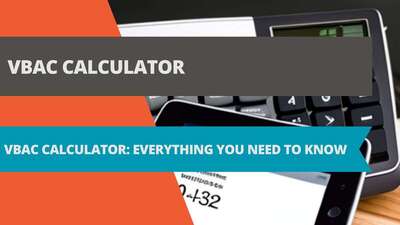
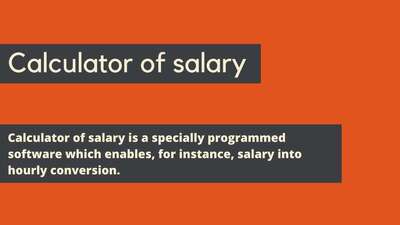


![Car Loan Calculator: Definition, Formula, Examples, and FAQs [2023 Guide]](/images/page/400/car-loan-calculator-13.jpg)
